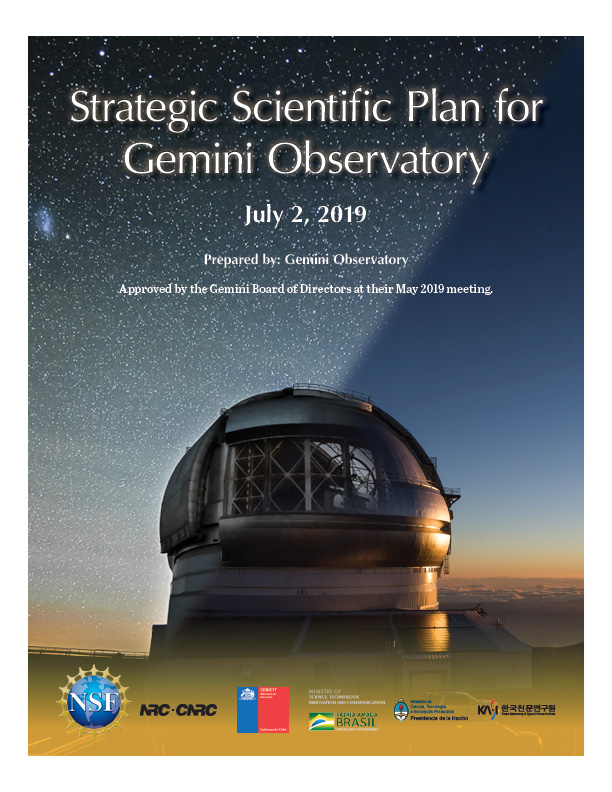Request for Proposal: Gemini North Adaptive Optics Imager
- Submission has now closed -
Request for Proposal: Gemini North Adaptive Optics Imager
The Association of Universities for Research in Astronomy, Inc. (AURA), on behalf of the Gemini Observatory, is soliciting competitive proposals to design and build the Gemini North Adaptive Optics Imager (GNAOI) for use on the Gemini North Telescope.
Gemini North Operations Impacted by Protests
July 31: Gemini North remains closed for observations. We would at this time have been in the scheduled engineering shutdown, but the continued lack of reliable access to Maunakea has delayed the start of that work. With the approaching Hurricanes Erick and Flossie bracketing the weekend, a small crew ascended to the summit this morning (31-Jul) to leave the facility in a safe state. Once we regain reliable summit access we will commence and complete the shutdown, but to limit the loss of time in 2019B have deferred the planned primary mirror coating until 2020.
SCORPIO: A New Name for a Powerful Future Gemini Instrument
OCTOCAM, a next generation astronomical instrument for Gemini South has a new name: SCORPIO.
OCTOCAM Team Welcomes Massimo Robberto as Principal Investigator

Gemini Observatory announces Dr. Massimo Robberto of Space Telescope Science Institute and Johns Hopkins University as the new OCTOCAM Principal Investigator (PI). OCTOCAM is a next-generation astronomical instrument designed for the 8-meter Gemini South telescope in Chile.
SEG Meeting Registration Now Open
Early registration for the Science and Evolution of Gemini Observatory meeting is now open.
Register for special early-bird $435 rate!
Update on Gen 4#3 (OCTOCAM)
On December 11th, Southwest Research Institute (SwRI) and the Gemini Observatory appointed Dr. Alexander van der Horst of George Washington University as the Interim Principal Investigator (PI) for Gen 4#3 (referenced as OCTOCAM), a next-generation astronomical instrument designed for the 8-meter Gemini South telescope in Chile. SwRI is the prime contractor with Gemini for the instrument.
The 2017 Request for Proposals for Instrument Upgrades is now open
The Gemini Observatory consists of two 8-meter telescopes; one located on Maunakea in Hawaii, USA (Gemini North), the other on Cerro Pachón, Chile (Gemini South). The Association of Universities for Research in Astronomy, Inc. (AURA) is the managing organization of the Gemini Observatory under a cooperative agreement with the National Science Foundation (NSF). Gemini Observatory Participant nations are the United States of America, Canada, Brazil, Argentina, and Chile. For more information, visit the Gemini Observatory website at www.gemini.edu.
Announcing the Instrument Upgrade Request for Proposal
Gemini is committed to providing our community a continually enhanced instrumentation suite. Gemini’s development program will provide funding to upgrade existing operational instrumentation to create new instrument capabilities at the Gemini North and/or Gemini South telescopes. The Observatory is seeking community-created, science-driven instrumentation upgrade proposals, and will consider any area that fits the set of IUP requirements provide in the RFP.
